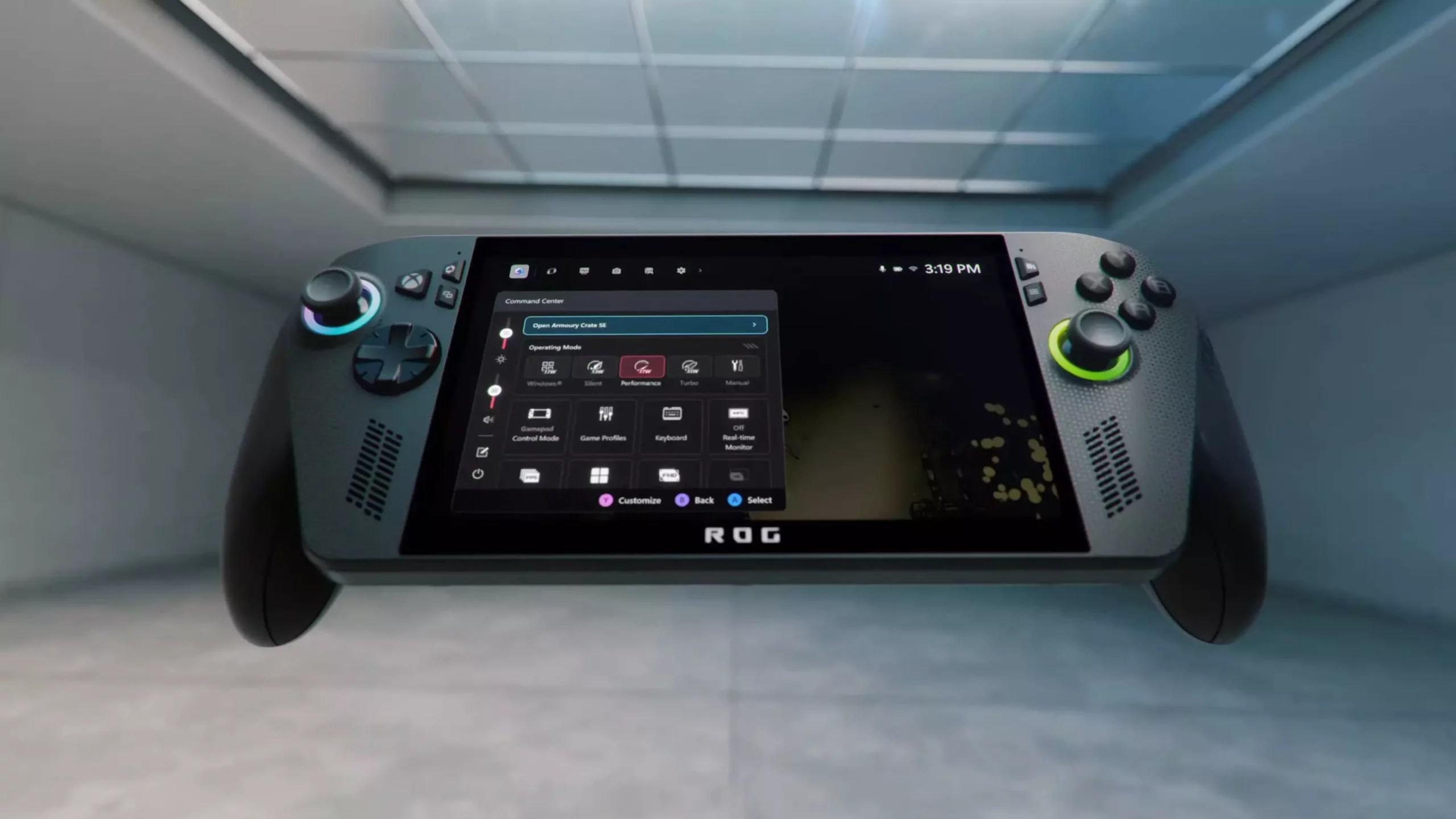Recent reports have stirred up a mixed bag of excitement and confusion in the gaming community, suggesting that the concept of a dedicated Xbox handheld may be on its last legs. According to a report from Verge, what seemed like a groundbreaking introduction to the Xbox family—the Xbox handheld console—has been “essentially canceled.” This revelation might be misleading at first glance, especially considering the recent buzz surrounding the Asus ROG Xbox Ally and ROG Xbox Ally X. To unravel this mystery, we must dive deeper into what’s really happening in the Xbox ecosystem and its strategic pivot toward a more flexible and third-party-centric future.
Windows and Gaming: A New Strategy
The Xbox name might soon be less about the proprietary hardware and more about an ecosystem that leverages existing technology. The Asus ROG Xbox handhelds, while branded under Xbox, are fundamentally PC devices configured to optimize gaming performance through a modified version of Windows. This could signal a radical new direction for Microsoft, where the Xbox brand starts to embrace the burgeoning world of PC gaming rather than continue to exist as a standalone console line. Rather than competing in the hardware battlefield, Microsoft appears set to become more of a software and service entity, leveraging its Game Pass subscription model to draw gamers into its fold.
Reimagining Console Gaming
This strategic overhaul can be seen as an innovative attempt to redefine what a gaming console can and should be. If the predictions hold true, future iterations of Xbox will not come as standalone devices but rather as a multitude of offerings from various manufacturers. The vision here is for a network of devices—ranging from handhelds to high-end PCs—each tailored to meet diverse gamer needs while still maintaining the Xbox experience. This could democratize access to Xbox gaming, making it more inclusive for varying budgets and preferences.
The crux of Microsoft’s approach leans heavily on enhancing accessibility. By stripping away unnecessary layers from Windows and tailoring the user interface, Microsoft aims to create a seamless gaming experience that runs smoothly across different hardware platforms. This modular method could revolutionize not only how gamers interact with Xbox but also how they perceive the notion of “console gaming.”
Emulation and Streaming: Embracing the Digital Future
If Microsoft stays true to this conjectured model, the implications for legacy gaming could be profound. An extensive library of classic titles might be preserved through emulation, making older games available on current hardware. Coupled with cloud gaming via services like Xbox Cloud Gaming, the future could see a scenario where any screen can become a portal to the vast Xbox universe. Imagine picking up your favorite Xbox game on a handheld device or a smart TV with minimal hassle—this is the goal, and it aligns with the overarching trend of digital consumption in today’s world.
There’s also the noteworthy shift in branding towards Xbox PC, as indicated by recent adjustments in Microsoft’s marketing strategies. By emphasizing compatibility with platforms like Steam, Microsoft signals its intention to penetrate the PC gaming market more aggressively. This change hints at a potential blurring of lines between traditional console gaming and PC gaming—an evolution that could redefine both sectors.
What Lies Ahead: A Digital Playground for Gamers
As the landscape continues to shift, one thing appears certain: the gaming experience is undergoing a significant transformation. Microsoft is strategically positioned to create a versatile gaming ecosystem that caters to the varying demands of modern gamers. By moving away from rigid hardware models and embracing partnerships with other manufacturers, Microsoft seems intent on fostering an environment where gaming can thrive on multiple levels, from budget devices to high-performance rigs.
The advent of the ROG Xbox handhelds and the streamlined Windows OS could be seen as experimentation with a new model, a way to test the waters for a future where Xbox is synonymous with versatile gaming rather than just consoles. If executed effectively, this could result in an era of unprecedented access and enjoyment in gaming—an exciting prospect for gamers worldwide. With so many potential avenues branching out from this emerging strategy, one can’t help but feel a sense of anticipation for what Microsoft has in store for its gaming community.


Leave a Reply